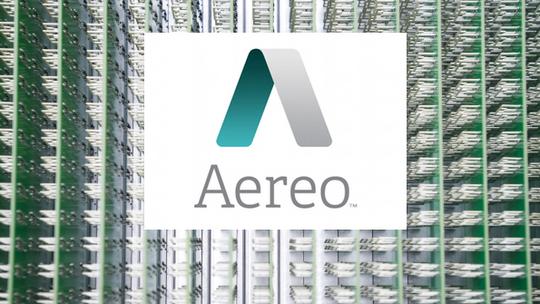
UPDATE 6/25 12:10 p.m.: Aereo provided a statement to CNBC Wednesday morning, saying that the Supreme Court decision was "a massive setback for the American consumer." The company shared that it wanted to comply to the law, and warned of the "chilling message" the decision sends to the tech community. Continued Aereo:
We've said all along that we worked diligently to create a technology that complies with the law, but today's decision clearly states that how the technology works does not matter. This sends a chilling message to the technology industry. We are disappointed in the outcome, but our work is not done. We will continue to fight for our consumers and fight to create innovative technologies that have a meaningful and positive impact on our world.
Major Aereo investor and media mogul Barry Diller told CNBC, "We did try, but it's over now. ...It's not a big [financial] loss for us, but I do believe blocking this technology is a big loss for consumers, and beyond that I only salute Chet Kanojia and his band of Aereo'lers for fighting the good fight."
The Supreme Court struck down Aereo in a ruling that, as far as we know, is the equivalent to the Boston-based TV-streaming company’s death sentence.
The court found that Aereo’s service was in violation of the Copyright Act by replaying recordings of big broadcasters’ TV shows. However, the court did maintain the legality of Aereo’s process of streaming the shows and capturing individual copies for each viewer.
The case pinned a coalition of broadcasters, including Disney, NBC, CBS, FOX and others, against Aereo. Even the White House picked sides in the fight, standing with the TV industry that the company’s model inherently threatened copyright, according to The Verge.
Aereo has originally argued that it was providing technology, in the form of micro-antennas, for subscribers to rent, and then use to watch TV – essentially putting responsibility of retransmitting on the users.
The ruling is a huge deal for Aereo and Massachusetts. Started in 2012 by Founder and CEO Chet Kanojia, Aereo was poised to uphaul the television industry and, in the process, embittered the big players in the space. Though headquartered in New York, Aereo kept a majority 75 of its 110 employees in an office in Boston. The company raised $97 million from New York firm FirstMark Capital and Cambridge-based Highland Capital Partners, among others.
"We came in with our eyes wide open," Highland Capital's Dan Nova told BostInno in a previous interview. But even he admitted, "We never imagined it would ever go to the Supreme Court."
But Wednesday's ruling could be bigger than Aereo.
At the time of the interview, Nova expressed concern that a ruling against the company could seriously stifle innovation, particularly in the cloud. "I think what's at risk here is not only Aereo's technology," Nova said, "but, conceptually, what's at risk is all of cloud-based technology. This decision … could have a chilling effect on innovation within the cloud. That's a fact."
As far as we know, this could be the end of Aereo. If the company wanted to maintain its current business, it would have to pay licensing fees to broadcasters if the broadcasters are willing to cooperate. In the case that they are, it would be hard for Aereo to keep its membership – which includes streaming access and 20 hours of DVR storage – at $8 per month.
Image via Aereo








